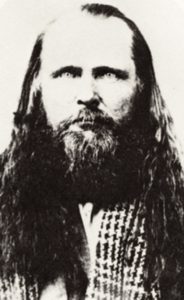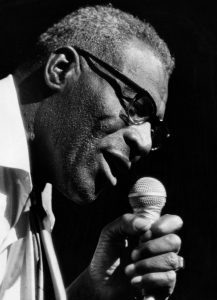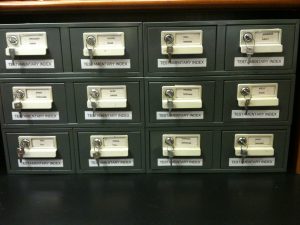Irish genealogical researchers persistently ignore one aspect of almost all the records we use. Those records were created by a country that no longer exists, the United Kingdom of Great Britain and Ireland. After three generations, a blind spot on both sides of the Irish sea is perfectly understandable, but that vanished country is the direct ancestor of both our unfinished Republic and their truncated Kingdom, and there are important consequences that researchers shouldn’t ignore.
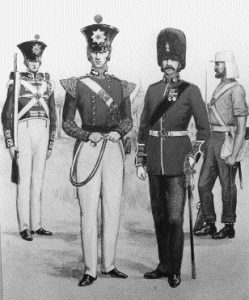
On the negative side, there are no official records of migration from Ireland to Britain, any more than there are official records of migration from Birmingham to London. Browse the 1911 Dublin census and you’ll see that the Irish Sea was then an internal trade route, not an international boundary.
But there are many records now in London that cover pre-1922 Ireland: post office workers, soldiers, the merchant marine, the coastguard … Everyone employed by the British state left traces in records now held in England.
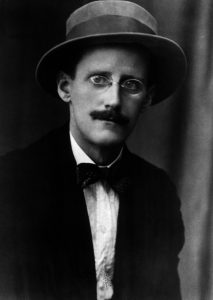
And it works both ways. As anyone who has tried to read the Nighttown episode of Joyce’s Ulysses knows, there were large numbers of British soldiers stationed in Victorian and Edwardian Dublin – they were the main clients of the city’s huge red light district.
A more licit record of young men’s sexuality appears in the extraordinary number of soldiers’ marriages recorded in Dublin Church of Ireland records. The non-Catholic marriage records from 1845 are especially informative, giving the names of the fathers of bride and groom as well as their occupations. Because a large majority of these soldiers were from England, Scotland or Wales, it is very likely that many dead ends in UK family history might be resolved by looking at these Irish records.
I have a personal reason for going on about this. For the last few weeks I’ve been spending long, long lengths of time combing the post-1845 Dublin marriage records church by church. The sheer variety of surnames is continually astonishing – Calisendorf , D’Cloett, Flouterlin, Gammaly, Minchinfort – and so is the variety of spelling versions: Campell, Cambel, Camphil, Canpell, Cambhill …. For British soldiers, the main requirements for a posting to Dublin seem to have been a strong libido and the possession of an odd surname. And dyslexia was evidently epidemic among nineteenth-century Dublin Church of Ireland clergymen.
One final point about the overlap between Ireland and Britain: James Joyce, whom we now claim as completely one of our own, was born a United Kingdom citizen and held a United Kingdom passport all his life.



